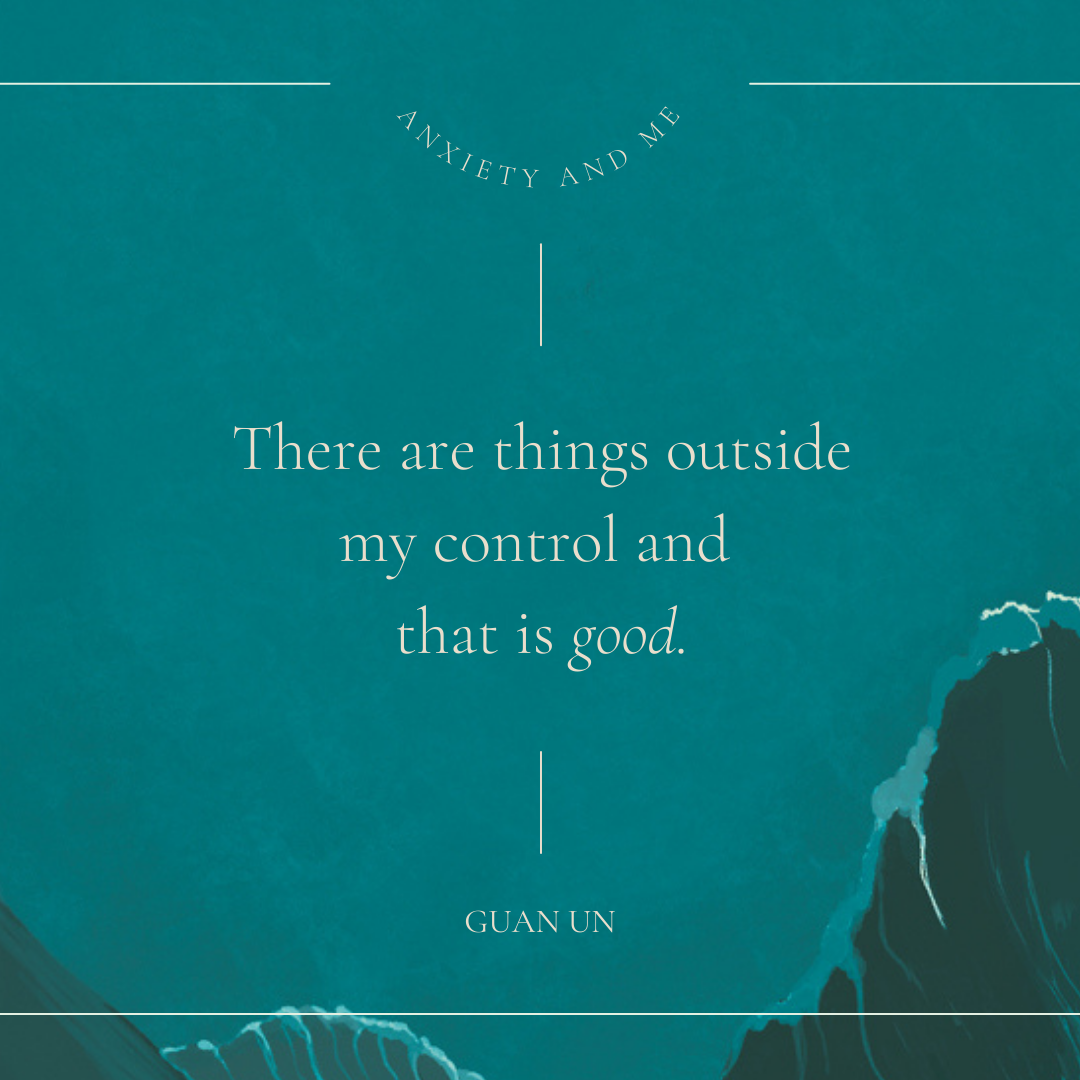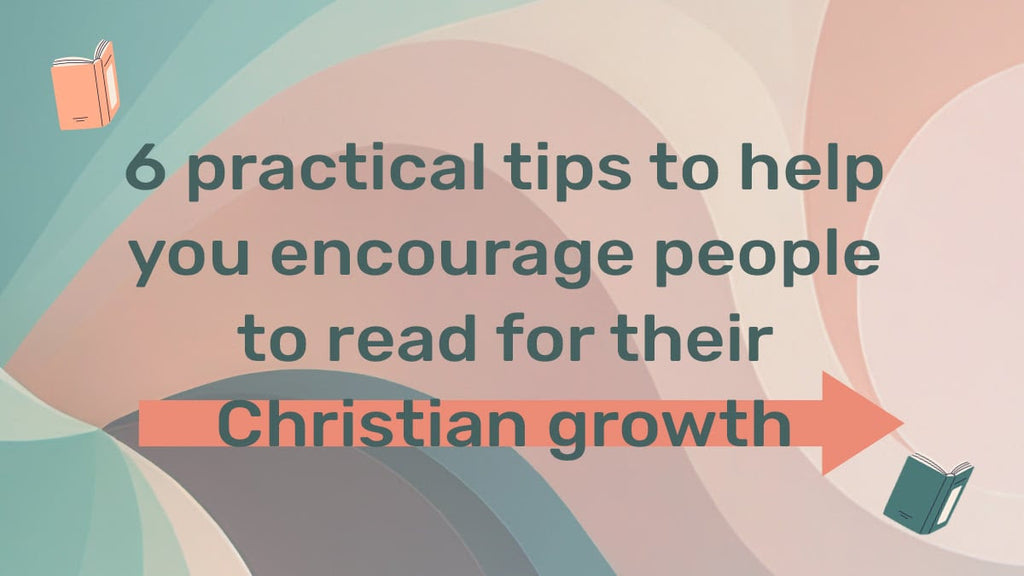Brief, loving, biblical help for anxious Christians
I don’t have an anxiety disorder. I’m just a worrywart. I spend far more time mentally gnawing on concerns—and far less time than I should accepting that I can’t stop bad things from happening just by thinking about them—but it’s never stopped me getting out the door. Granted, I ruined a few parties for myself when I was young by hovering in a corner stressing about no-one there liking me, but I still showed up. And sometimes I think that makes it harder for me to empathise with those living with serious anxiousness. If I can be stressed but still make it to Bible study, why can’t everyone? Ah, the unkind thoughts in the heads of a sinner!
So, what to say to someone having a panic attack or something similar? In the history of the universe, the words “calm down and get over it” have likely caused less than 20 people to actually do so. At the other extreme, agreeing with someone in their panic—“You’re right, you might mess up your job interview; better stay in bed all day”—isn’t very loving either. The middle ground of anything is usually more helpful, but “I’m always here for you” still isn’t quite good enough. Unless Jesus returns before you or they die, you won’t always be there for them.
So what can we do? What do we say to our friend who is panicking? What can we remind ourselves of when we are awake worrying in the early hours? Well, applying God’s word to a problem is much more effective than human wisdom. God doesn’t offer easy answers on how to avoid suffering in life, but he still provides comfort along with the promise of eternal goodness. This is why the Bible is one of the key helps that Guan Un leans on when he is dealing with his anxiety disorder.
In his new short book, Anxiety and Me, Guan shares his experiences with anxiety and with God, and gently shows that knowing who God is and what he has promised provides the first steps to peace. More specifically, Guan turns to Psalm 131. It’s only three verses long, but he explains how helpful each of them are to him as he lives with anxiety as a Christian. He discusses the humility of seeing our rightful place before God, and the freedom that brings. He examines the love that God has for us, proven so clearly by Jesus, that provides security and the ability to turn down the volume of unhelpful self-talk. He speaks of being in the body of Christ with others, all having hope together. He acknowledges neither his book nor God’s book are a silver-bullet cure to worry, but shows that the Lord who made us knows us and cares for us, no matter how our thoughts are racing.











